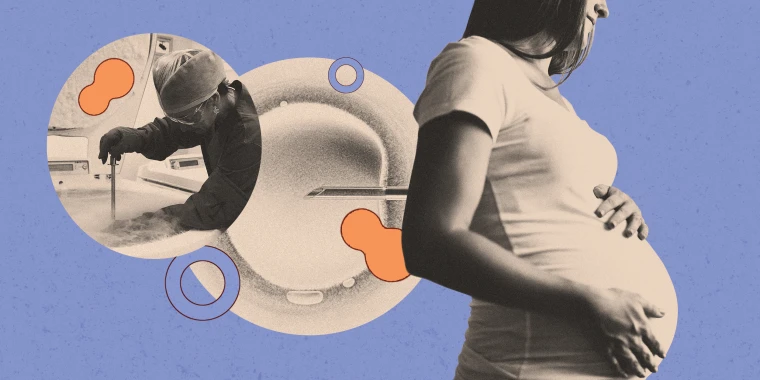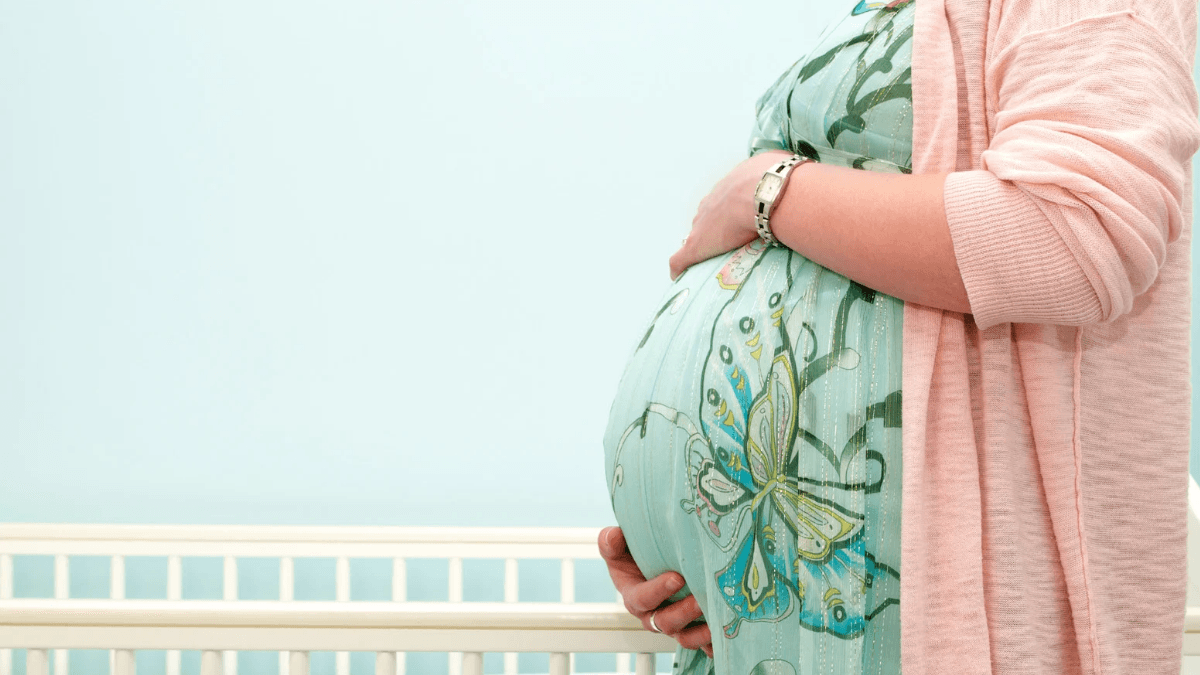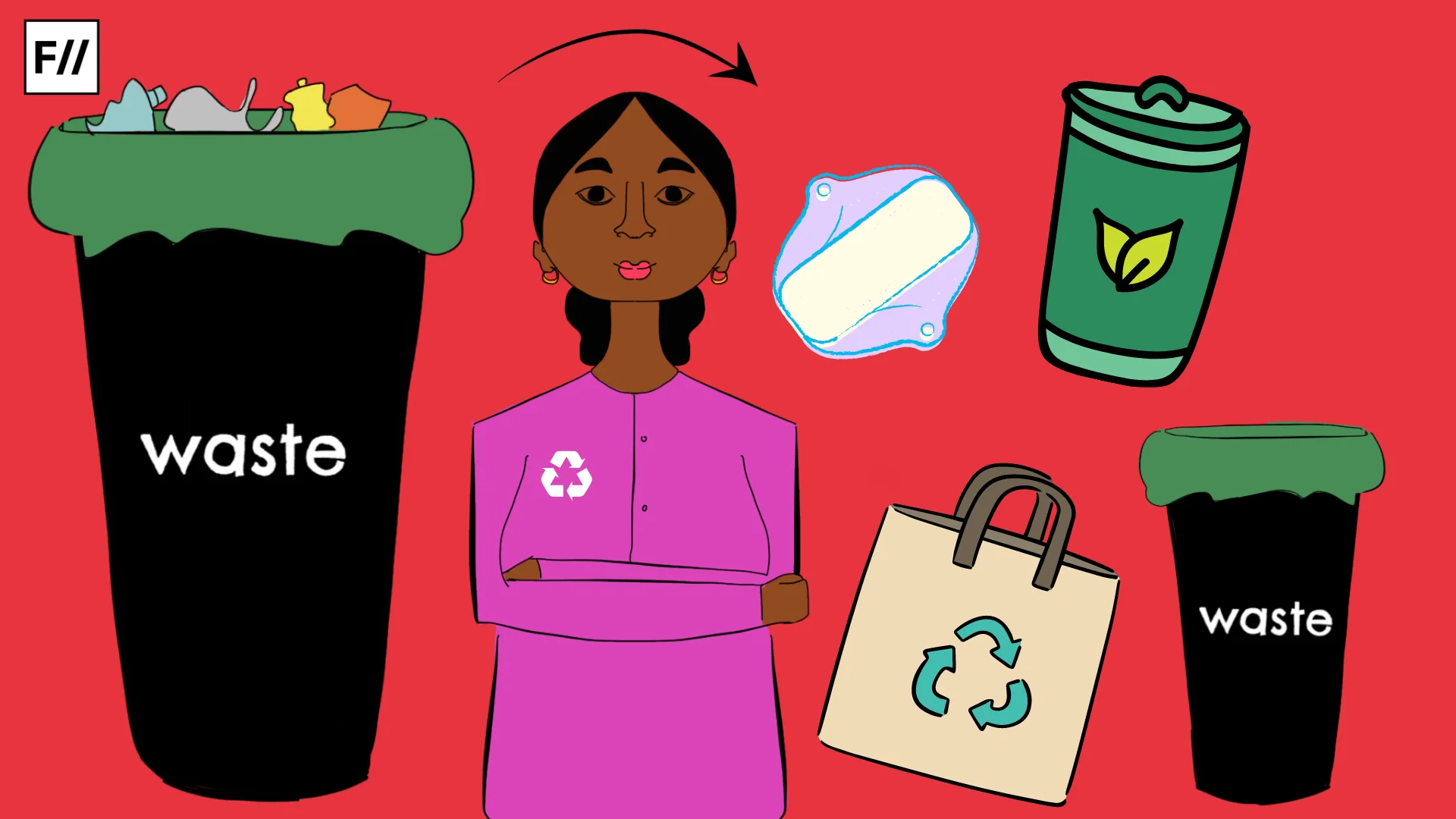Egg freezing, scientifically known as oocyte cryopreservation, is a mechanism to preserve one’s fertility. As the name is self-explanatory, the egg(s) retrieved from the ovaries are frozen and saved for later reproductive use. Freezing eggs extends one’s reproductive or pregnancy options. This process has developed over the years and is an excellent advancement in reproductive medicine research.
There is a large number of people who consider and undergo egg freezing for a lot of different reasons. This process is opted by individuals for a variety of reasons including medical and health circumstances, and prioritising things other than parenthood in life at the time being.
Cancer patients undergoing treatments like chemotherapy or radiation therapy may freeze their eggs as the condition often affects the fertility and ability of the person to get pregnant. In cases of reproductive cancers, the respective organs may have to be removed in some instances. Health problems like endometriosis, PCOS, autoimmune diseases like lupus, etc., also affect fertility and egg quality, making egg preservation a feasible option.
Financial instability may cause people to want to delay pregnancy for which they opt to freeze their eggs. Egg freezing is also a safe option for gender-diverse people like transgender individuals and queer couples. Personal reasons also cause people to freeze their eggs. People who are not yet ready for pregnancy but want to have children later in life can choose to preserve their eggs for future use.

The process of egg freezing
To begin with, doctors assess the fertility health, hormonal levels, and regularity of the menstrual cycle and run other related blood tests to get an analysis of the patient. Next, the doctor would provide medications or injections for ovarian simulation. Ovarian stimulation is the process of increasing the number of eggs produced every month.
Naturally, a body with ovaries and uterus produces one egg per month, which decreases the chances of pregnancy. To increase those chances, the eggs are multiplied through ovarian stimulation.
The retrieval process begins after ovarian stimulation, once the eggs have matured and ovulation is about to commence. The retrieval procedure is done under sedation. The eggs are fetched using a needle and are guided using transvaginal ultrasound. The needle is inserted into the ovarian follicle and the eggs are fetched using a suction device that is attached to the needle. The egg retrieval process takes about 10 minutes approximately. Often not always, patients may feel slight abdominal pain, cramping, or bloating after the egg retrieval.
About a week after the process, one can resume their routine activities without any problems. Immediate side-effects include cramping, headaches, mood swings, and slight abdominal discomfort, which is usually normal. While there are no big risks or long-term after effects, however, more data and research are still required to create a conclusive picture of the whole process, its effectiveness, success rates, and risks involved, among other things
Also read: Artificial Intelligence And Human Reproduction: Redefining Gender Roles And Parenting Stereotypes

The fetched eggs are frozen as soon as possible at below-zero degree temperatures. The procedure to freeze the eggs is known as vitrification in which flash freeze or rapid cooling is done in substances like liquid nitrogen. With this, the freezing process comes to an end and the eggs are ready for future utilisation.
When the time comes and the individual is ready for pregnancy, the eggs would be thawed by placing them into a warming solution. The surviving eggs are fertilised with healthy sperm and are then implanted into the uterus. The fertilisation process used is usually intracytoplasmic sperm injection (ICSI). In this procedure, a single sperm is injected right into the egg which then grows to be the embryos that are placed inside the uterus to manifest a pregnancy.
While opting for freezing of eggs one should consider things including the costs, and the time taken and get an idea of the process beforehand. Dr. Jeelani( MD, FACOG) suggests that having a good rapport with the doctor is also a crucial step as the process is very intimate.

Available data at the moment suggests that freezing eggs for a long duration does not bring down their quality. The probability of a successful pregnancy from a singular frozen egg is recorded to be about 2 to 12 percent as per the American Society For Reproductive Medicine (ASRM). This egg retrieval or ovarian stimulation or any part of this whole course of action does not hinder your chances of natural conception
Risks and side effects
About a week after the process, one can resume their routine activities without any problems. Immediate side-effects include cramping, headaches, mood swings, and slight abdominal discomfort, which is usually normal. While there are no big risks or long-term after effects, however, more data and research are still required to create a conclusive picture of the whole process, its effectiveness, success rates, and risks involved, among other things.
A rare side-effect is the risk of ovarian hyperstimulation syndrome(OHSS) which is in response to fertility drugs. OHSS causes the ovaries to swell up and accumulate fluid in the abdomen this may cause pain which can also be followed by nausea and vomiting. The doctor should be contacted immediately if there is a high fever, excessive pain, bleeding, difficulty urinating, or sudden weight gain.
Available data at the moment suggests that freezing eggs for a long duration does not bring down their quality. The probability of a successful pregnancy from a singular frozen egg is recorded to be about 2 to 12 percent as per the American Society For Reproductive Medicine (ASRM). This egg retrieval or ovarian stimulation or any part of this whole course of action does not hinder your chances of natural conception.
As per the ASRM, the most favourable time to freeze eggs is in one’s 20s and early 30s as the eggs are healthier and there’s also a higher number of eggs in their ovaries.
Also read: Technology And Reproductive Choices: Is Egg Freezing As Feminist As We Believe It To Be?
Featured Image Source: NBC News
About the author(s)
Tuba is currently pursuing an Undergraduate Degree in political science, at the Delhi University. She likes reading about current affairs and also loves cats, movies, k-dramas, chai, and staying in. At other times, you would probably find her taking pictures of the sky, if not listening to music




